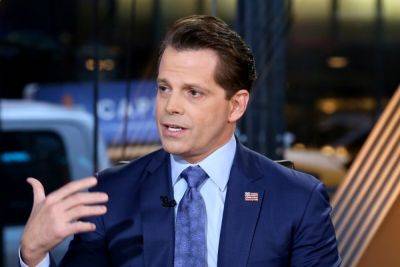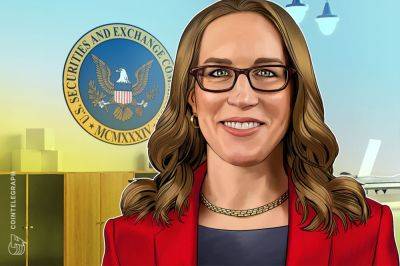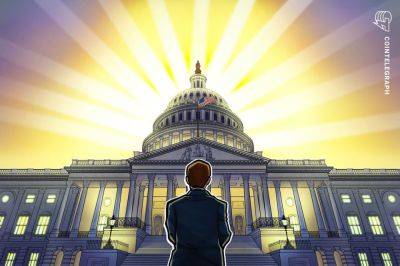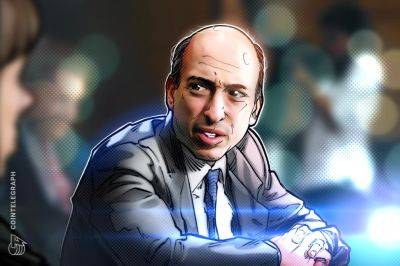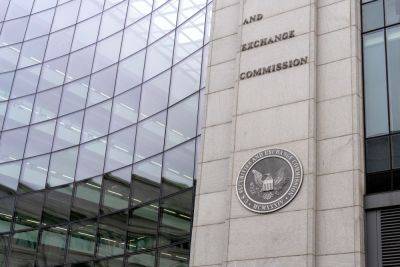Former SEC Advisor: Gensler's Crypto Crackdown Could be Stopped by Legal Doctrine
The crypto industry crackdown spearheaded by the U.S. Securities and Exchange Commission (SEC) could be put to rest by a decades-old legal doctrine, according to one of the regulator’s previous advisors.
In a recent episode of The Scoop podcast, J.W. Verret – a former advisory committee member to SEC chairman Gary Gensler – explained how the major questions doctrine could affect the result of the agency’s latest lawsuits against two of crypto’s largest global companies: Binance and Coinbase.
Verret said the major questions doctrine affects “how courts look at what executive agencies do in the so-called independent agencies and consider how much deference to give the things that they do.”
Historically, the Chevron doctrine has granted regulatory agencies broad discretion in how they oversee certain industries based on broad mandates from Congress with vague specifics.
However, the major questions doctrine, which is viewed as a competing doctrine, states that an agency must receive explicit approval from Congress before trying to regulate a matter of “national, economic or political importance.”
Verret said the major questions doctrine most likely won’t come into play until the Coinbase and Binance.US cases reach the appellate courts. “But it's one of the things that looms over these cases, without a doubt,” he said. The law professor added that he’s “more excited to trade on Coinbase” as a result of the lawsuit.
“I think it's an argument that Coinbase and Binance are going to run with,” said Verret. The former’s CEO, Brian Armstrong, has repeatedly called for Congress to provide crypto with regulatory clarity, to prevent the industry from migrating further offshore.
By contrast, chairman Gensler has asserted that existing
Read more on cryptonews.com


